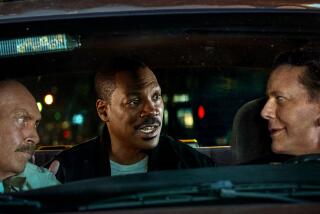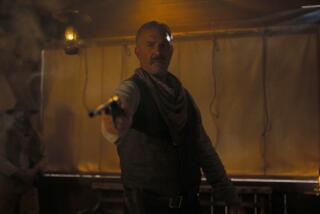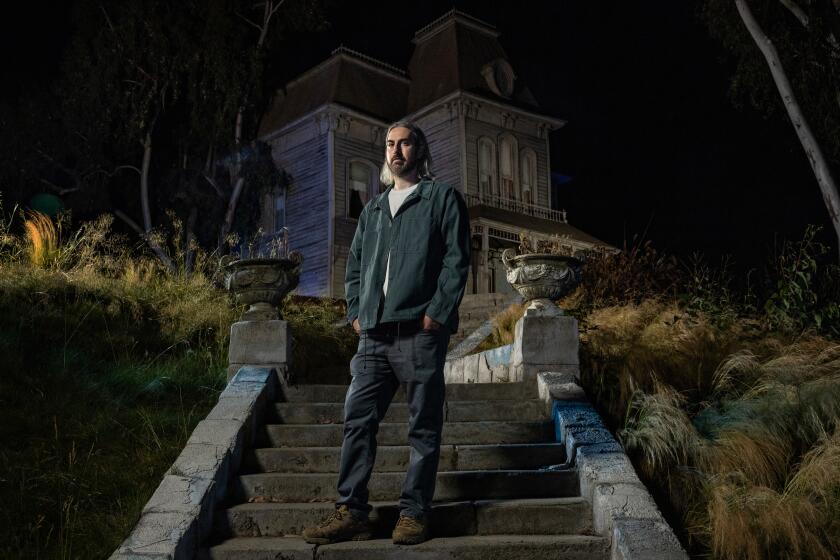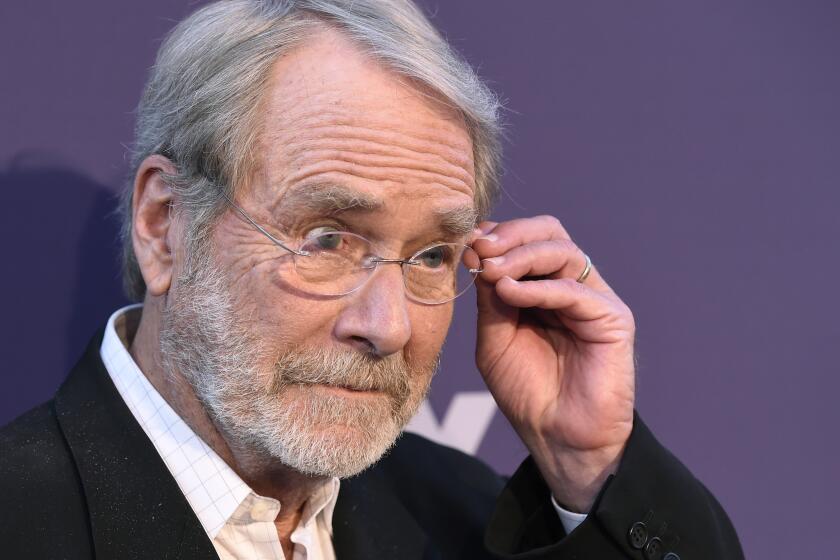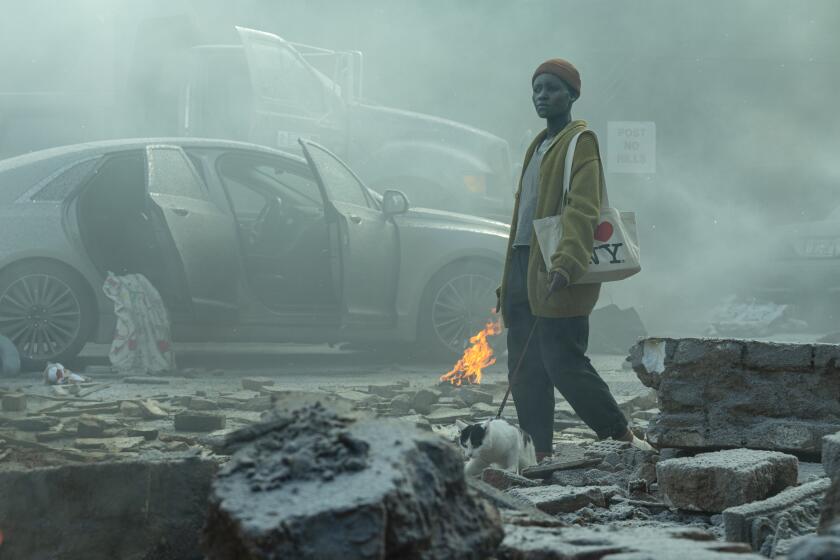Affairs to remember
“ALL memories are traces of tears,” says Chow Mo Wan (Tony Leung) at the beginning of “2046,” Wong Kar-Wai’s long-awaited follow-up to “In the Mood for Love,” and a gorgeous, fevered dream of a movie that blends recollection, imagination and temporal dislocation to create an emotional portrait of chaos in the aftermath of heartbreak.
In 1966 Chow returns to Hong Kong after having spent several years in Singapore, where he went to escape the memory of his affair with Su Li Zhen (Maggie Cheung). No longer the melancholic newspaperman, spurned husband and thwarted would-be lover, he has transformed into a slick man-about-town who writes seedy erotic stories and engages in throwaway affairs with courtesans and nightclub performers.
In a nightclub he runs into Lulu (Carina Lau), a performer he knew in Singapore, and takes her back to her hotel. Her room number, 2046, sparks the memory of the room he shared with Su Li Zhen four years earlier, and its totemic power draws him to rent the one next door.
There he meets the hotelier’s daughter, Wang Jing Wen (Faye Wong), an emotionally unstable writer in love with a Japanese man her father forces her to give up. Sympathizing with Wang, Chow begins to conflate her story with his. And when he and Wang take to writing together, he begins to work on a story that will -- as he tells her -- let her know what her boyfriend is thinking. The story takes place in a Dickian future in which “2046” is a mysterious place where people travel to re-inhabit their memories, where nothing ever changes. The story is about the only man who ever returns, and it’s titled “2047.” “I made up the whole thing,” Chow lies. He later concedes, “But some of my experiences found their way in.”
Scenes from a high-tech future world blend with scenes from the past and present, as Chow enters an affair with his new neighbor, Bai Ling (Ziyi Zhang). Haunted by the memory of the original Su Li Zhen, as well as by her namesake (Gong Li), a mysterious gambler he fell in love with in Singapore, Chow resists becoming involved with Bai, paying her for sex, and later, allowing her to pay him. With his pencil mustache and his easy smile, Leung glides over his deep well of dark feelings, like a skater on thin ice.
“2046,” like the sequentially numbered story within it, is a lyrical, Proustian meditation on loss, regret, love and time -- the marching on of time being the cruelly inexorable constant in both. “Love is all a matter of timing,” Chow writes later, as his loves blend together in a music of free-associative rumination. “It’s no good meeting the right person too soon or too late.”
Wong brilliantly blends musical styles and eras to create an intoxicating mood. Building on the theme created by Shigeru Umebayashi for “In the Mood for Love,” the soundtrack mixes bel canto, 20th century Latin nightclub standards and lonely instrumental solos to create a feeling of nostalgia for eras gone by. The cinematography by Christopher Doyle, Kwan Pun Leung and Lai Yiu Fai is as lush as it is oblique, peering through doorways and screens, slowing to a stop at heartbreaking moments.
Designed and edited by William Chang Suk Ping, “2046” evokes a lost time in a place -- Hong Kong -- already redolent of dislocation and evanescence. The title also refers to the closing of 50 years of autonomy promised to Hong Kong after its hand-over to China in 1997. “Nothing lasts forever,” Chow says casually at the beginning of the movie, which then goes on to make a solid and haunting case for the permanence of his memory and longing, which clearly will.
*
‘2046’
MPAA rating: R for sexual content
Times guidelines: Contains nudity, sex scenes and some violence
A Sony Pictures Classics release. Director Wong Kar-Wai. Screenplay by Wong Kar-Wai. Produced by Wong Kar-Wai. Directors of photography Christopher Doyle, Lai Yiu Fai, Kwan Pun Leung. Editor/production designer William Chang Suk Ping. Art director Alfred Yau Wai Ming. Original music Peer Rabin, Shigeru Umebayashi. In Cantonese, Mandarin and Japanese with English subtitles. Running time: 2 hours, 9 minutes.
At the Landmark Nuart, 11272 Santa Monica Blvd., West L.A., (310) 281-8223, and Edwards University 6, 4245 Campus Drive, Irvine, (949) 854-8818.
More to Read
Only good movies
Get the Indie Focus newsletter, Mark Olsen's weekly guide to the world of cinema.
You may occasionally receive promotional content from the Los Angeles Times.

